
EDITORIAL
04-03-2023 by Freddie del Curatolo
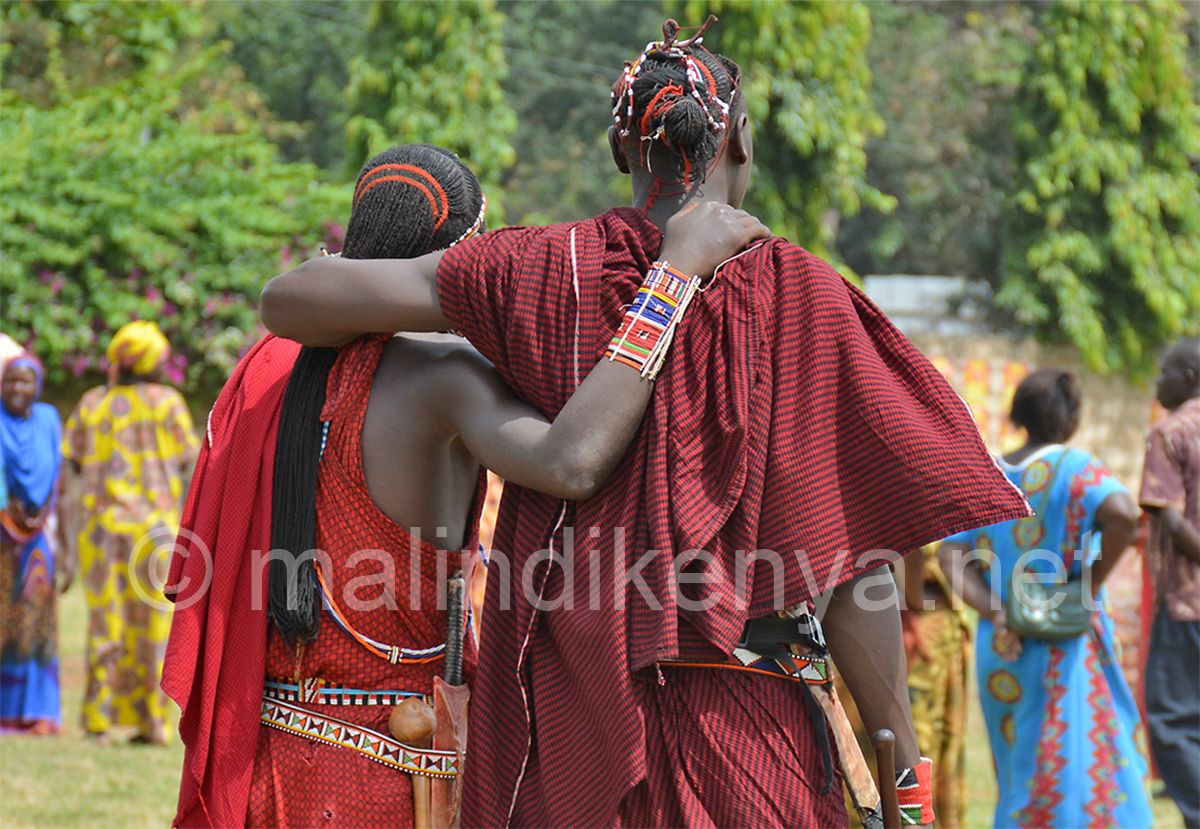
In a ruling that many were quick to call historic, a few days ago Kenya's Supreme Court overturned after 10 years the decision of the judiciary at the time to prevent organized groups and associations in the community we now call by the acrostic LGBTQIA+ (Lesbian, Gay, Bisexual, Transgender, Queer, Intersex, Asexual, and Other) from gathering and acting to protect and promote their rights.
In fact, then, while homosexuality remains illegal in Kenya, and overt relationships punishable by up to 14 years' imprisonment (somewhat lighter than Uganda, where life imprisonment is provided) at least in and around Nairobi one can wave the rainbow flag and demand respect, while being very careful not to exchange a kiss in front of the lens of a cell phone or of wacky witnesses.
Prompt retort from the Kenyan political and religious world, as well as from the always (alas) punctual people on social media. The leadership of this country remains deeply entrenched in religious conceptions that bring together the most conservative Catholicism and moderate but still Islam.
The religious congregations in Kenya, both the many Protestants and the African derivations of the Roman Apostolic, in fact seem more like old American sects than anything else, and as interacting lobbies, they are all well represented on the ground and in the national substrate.
So here it is that in the statements of the leaders, the firm condemnation of the justice's ruling opening at least to freedom of opinion is met with fierce criticism both by President William Ruto and in the firm words of opposition leader Raila Odinga. After six months of fierce battles, appeals, threats of revolution, unauthorized marches, snatching of parliamentarians and so on, the two contenders in the last election finally agree on the same topic. Unfortunately, the topic is the deprivation of freedom of the individual.
"I am a man of God. Although we respect the Supreme Court, our religions and cultures do not allow a woman to marry another woman or a man another man," Ruto said yesterday, "No one in this country can take to the streets to demand that they be allowed to marry. This can happen elsewhere, but it will never happen in Kenya." Goodbye hopes for those who dreamed of a gay pride in the Masai Mara, amid elephants and "pride" of male lions who, as highlighted by a video that went viral and deplored by the same ones who are lashing out at the magistrates today, do not disdain giving unproductive pleasure to each other.
Of the same opinion is Odinga, for whom "it is not the job of the judiciary to make laws. The Constitution recognizes the separation of powers and Article 45 states that every adult has the right to marry a person of the opposite sex based on the free consent of the parties."
What sometimes saves Kenya (and crucifies it, in so many other respects) is that it is far from a Taliban country: the distance between the law and its enforcement is akin to the difference between myopia and heart disease (eye doesn't see, heart doesn't grieve). Especially in the capital Nairobi, the homosexual community has its haunts, without fear of constant raids, and certain artistic and intellectual circles are full of young people who have already come out publicly.
Recall the case stirred up by the film a few years ago, "Rafiki," by Kenyan director Wanhuri Kahiu, which won a special mention at the Cannes Film Festival. At first it was banned on domestic soil for "promoting anti-Kenyan values" (the lesbian relationship between the two main characters), then it was allowed to be screened for only one week in a single movie theater in Nairobi, so many thought about the possibility of bombings to get rid of a few "anti-Kenyans" all at once.
It got decidedly worse two years later, in 2021, for Peter Murimi's documentary "I am Samuel," which showed a very illegal gay marriage being performed in the country. Brave artists in a rather surreal national climate, where on the one hand, quite rightly, prostitution is allowed and "sex workers" have a union to protect them and not, as in Europe, a pimped-out mafia that profits on them, often investing the proceeds in drugs and weapons and financing the underworld, on the other hand two people of the same sex cannot exchange the love they feel or a guy cannot wear women's clothes without risking being lynched. It is the Kenya of dual speeds of growth and awareness, of ancestral cultures colliding with wanting (and being able) to keep up with the times, where we have moved in just a few decades from schools in the shade of ancient trees and the wisdom of village elders as the rule, to the global culture of the Internet. Where only now can infibulation be punished and still in certain tribes jus primae noctis is allowed, where people can still be sentenced to death but in fact there have been no executions for 40 years.
NEWS
by redazione

As of today Kenya may like General Vannacci and his fans a little less.
While...
EVENTS
by redazione

This year's Kilifi Music Festival will be the first ever zero-emissions event on the African...
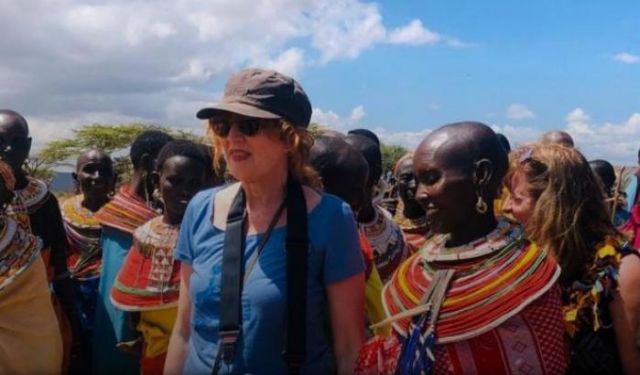
The singer Fiorella Mannoia and the spokesperson of I Sentinelli Paladini have chosen to follow ...
NEWS
by redazione

Kenya's Interior Minister Fred Matiang'i ruled out the possibility of his government shutting down Facebook...
NEWS
by redazione
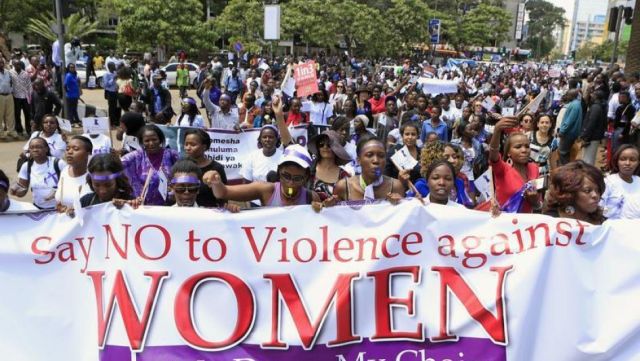
Italy will finance "Let it not happen again", a project against violence against women in Kenya, through the...
SOCIAL
by Leni Frau
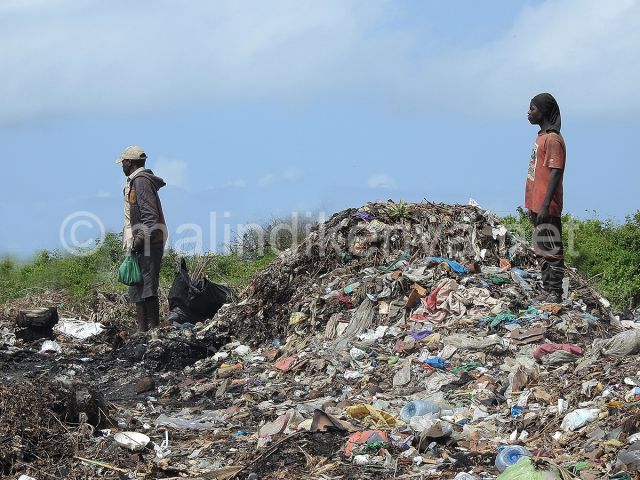
It is not possible to pretend nothing happened or, worse, to exploit their image just to denounce...
POLITICS
by redazione

Among all the possible institutional or associative components of Kenya that were awaited today at the Supreme Court, Harun Mwau, a former member of parliament and constitutionalist, has emerged....
NEWS
by redazione
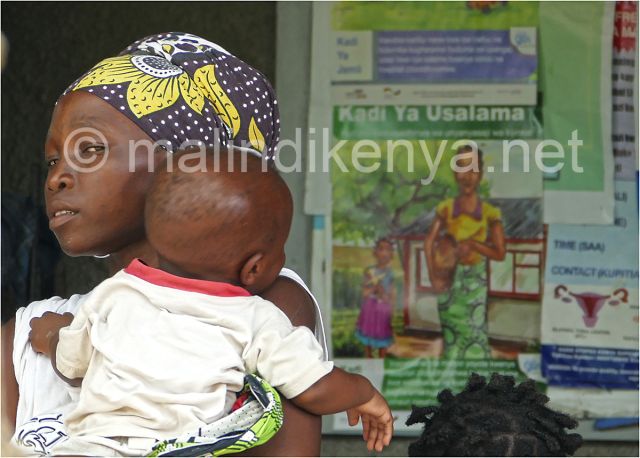
A ruling by the Malindi High Court could change the fate of young Kenyan women who are victims of rape...
NEWS
by redazione
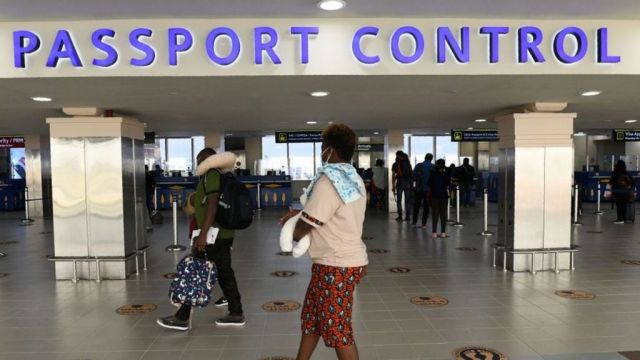
England has added Kenya, along with three other countries, to its 'red' list of the most dangerous countries...
NEWS
by Freddie del Curatolo

There could not have been a more strategically important time for U.S. Secretary of State Antony...